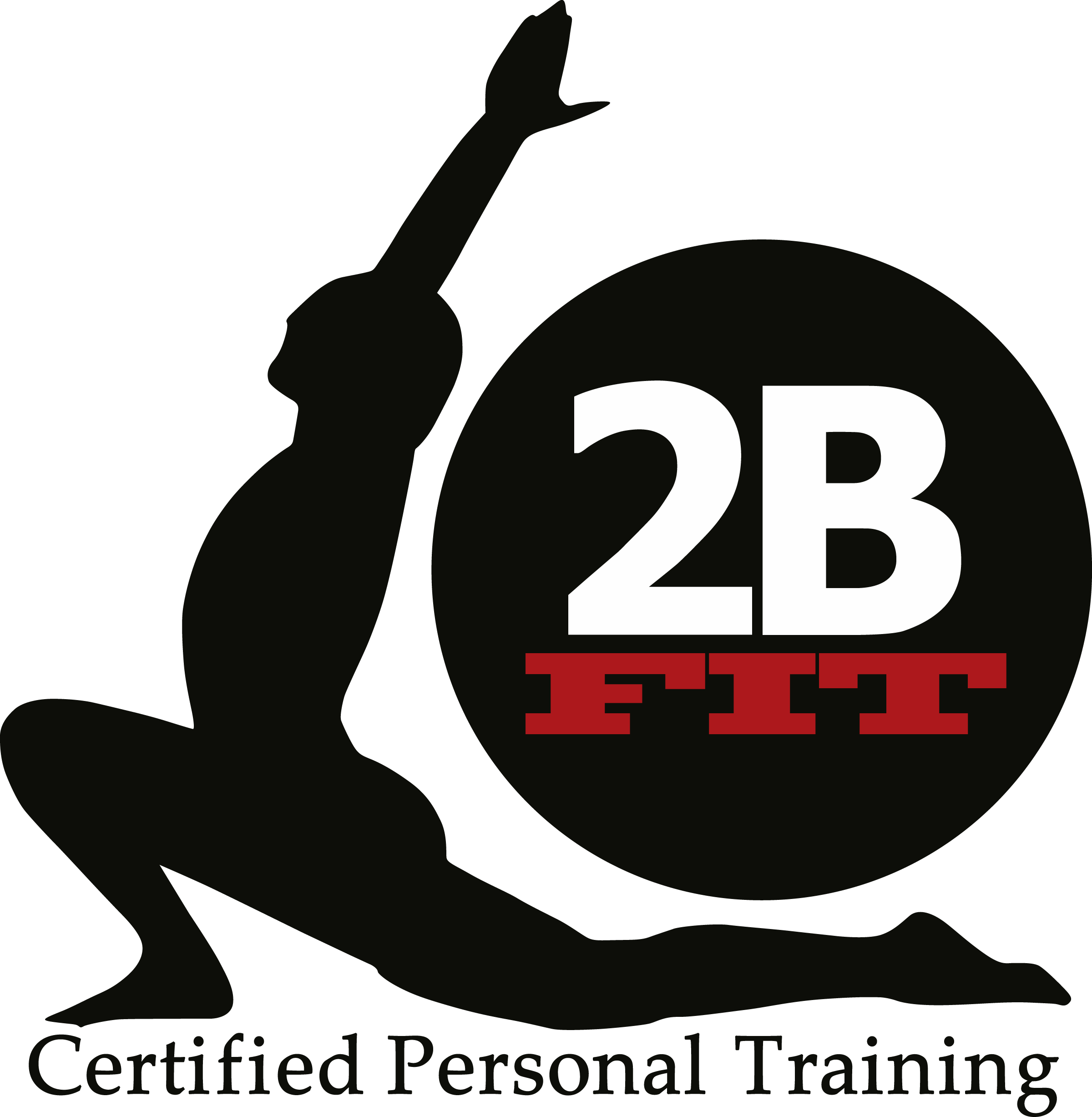Fueling your workouts
Maintain a balanced diet of 60-65% carbohydrates, mainly complex carbs such as fruits, vegetables, and whole grains and limit simple carbohydrates such as processed foods, sugar, and white bread. A total of 20-25% of daily calories should come from fat, with the majority of this percentage coming from mono and polyunsaturated fat, and less than 10% coming from saturated fat sources (trans fat should be avoided) .The remaining 15% of your diet should be lean protein sources such as fish, poultry, beans, low fat dairy products, or lean meat. This will ensure adequate glycogen stores in your muscles and liver.
Before a workout avoid foods high in fat and protein and instead eat a small serving of carbohydrates. Appropriate choices include a bagel, a bowl of cereal, or a banana in order to provide sustained energy through the workout .If the workout will last longer than an hour, try oatmeal or an apple, these will metabolize more slowly and give longer lasting energy. Drink plenty of water throughout the workout to replenish fluid lost through sweat.
During extended workouts (in excess of sixty minutes),glycogen stores will most likely be depleted, therefore, it is advisable to consume an additional 100-300 calorie carbohydrate like a sports bar, or sports drink to sustain energy. Such foods will help maintain blood sugar levels and provide stamina to get through the workout.
Immediately after finishing the workout, within 30 minutes eat approximately 100-300 calories in the form of a carbohydrate rich snack or meal with a little protein to begin rebuilding glycogen stores Ideally a 3:1 ratio of carbs to protein. Continue drinking fluids and eating small meals (300 calories a-piece) every 2-3 hours, maintaining the 65-20-15 ratio of carbohydrates-fat-protein in your daily diet. This will replenish glycogen stores and help to get nutritionally ready to fuel your next workout.
